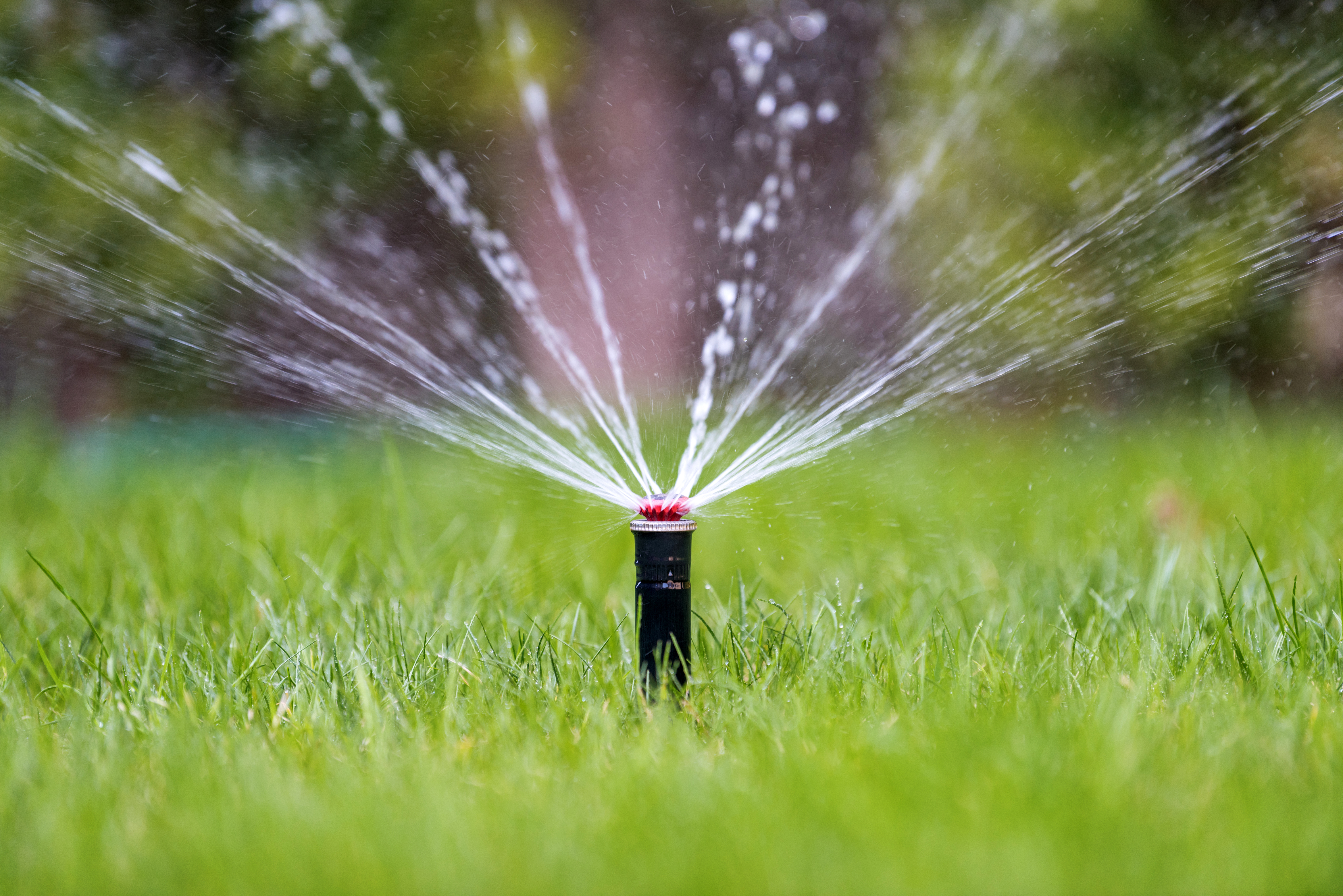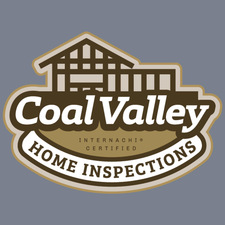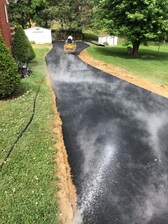
Get matched with top lawn irrigation specialists in Logan, WV
Enter your zip and get matched with up to 5 pros
Need a pro for your lawn irrigation project in Logan, WV?
Verified Reviews for Lawn Irrigation pros in Logan, WV
*The Angi rating for Lawn Irrigation companies in Logan, WV is a rating based on verified reviews from our community of homeowners who have used these pros to meet their Lawn Irrigation needs.
*The HomeAdvisor rating for Lawn Irrigation companies in Logan, WV is a rating based on verified reviews from our community of homeowners who have used these pros to meet their Lawn Irrigation needs.
Last update on December 16, 2025
Find Lawn irrigation specialists in Logan
Punisher Energy
Punisher Energy
Hydroseeding, Residential and Commercial
Hydroseeding, Residential and Commercial
FHM Environmental-Hire a Son Inc.
FHM Environmental-Hire a Son Inc.
We are a family based business specializing in all aspects of environmental enhancement. We have the
We are a family based business specializing in all aspects of environmental enhancement. We have the
Biederman underground utilities
Biederman underground utilities
We are an owmer operated buisness providing underground utilities to homes we have been doing this line of work for 7 years
We are an owmer operated buisness providing underground utilities to homes we have been doing this line of work for 7 years
bragg enterprises
bragg enterprises
We offer a wide variety of services, from construction, tree work, landscaping, heavy equipment repair and services, destruction of buildings, we also do repair on regular vehicles,etc. no job is to small or to large, contacts are kristy and ricky bragg, contacts numbers are 304-583-6004 (home), 304-583-5409 (shop), 304-687-6396 and 304-687-8904 (cell-phone's). We can be contacted 24 hours a day/ 7 days a week. On billing we require 1/2 up front and 1/2 after job is done.
We offer a wide variety of services, from construction, tree work, landscaping, heavy equipment repair and services, destruction of buildings, we also do repair on regular vehicles,etc. no job is to small or to large, contacts are kristy and ricky bragg, contacts numbers are 304-583-6004 (home), 304-583-5409 (shop), 304-687-6396 and 304-687-8904 (cell-phone's). We can be contacted 24 hours a day/ 7 days a week. On billing we require 1/2 up front and 1/2 after job is done.
FAQs for lawn irrigation projects in Logan, WV
While watering your lawn by hand might save you money upfront, installing and using a lawn irrigation system does save you money over time. You are less likely to overwater your lawn with a professional irrigation system, which will cause a reduction in water usage. These systems use the right amount of water without waste. In addition, watering your lawn the correct amount will also help prevent different fungi from growing, saving you money in fungi removal costs.
Lawn irrigation is the process of getting water to your lawn, grass and all, for it to grow. There are five main types of lawn irrigation methods:
Manual irrigation puts you in charge of the flow of water. Using a sprinkler head on your hose is best to evenly distribute the water across your entire lawn. This doesn’t take much time but requires you to be physically outside holding the hose.
Above-ground sprinklers attach to your hose and rotate or oscillate around your lawn. Since these are above-ground, they’ll need to be moved when it’s time to mow, and depending on the size of your property, you might need to move it around your yard for full coverage.
In-ground sprinklers are flush with the ground when not in use but pop up above the ground level when it's time to water the lawn. Piping for these sprinklers is all found underground, and there are different types of sprinkler heads for different uses and lawn sizes.
Drip irrigation involves drip lines that are more efficient than sprinklers for more extensive lawns. This involves a lot of digging since they are installed underground, but it makes it easy for you to mow.
Rainwater collection and irrigation uses nature’s precipitation to water your lawn. This option might not be available in every area since semi-reliable rainfall is needed, though the barrels for this system can range from 15 gallons to 10,000 gallons or more.
Even though having a lawn irrigation system to water your lawn is efficient, you do not want to run it daily. It’s best to run your system two to three times a week. The length of time to run your system varies on factors like wind, temperature, and the variety of your grass, but 10 to 20 minutes each time is generally preferred. If you water too frequently, you’ll drown your grass and plants.
The cost of a lawn sprinkler system is $2,550 for the average homeowner. However, this price can range from $350 to $5,000 or more, depending on the type of sprinkler system you install, the size of your yard, and the type of sprinkler heads you choose. For example, rotating or oscillating sprinkler heads are more expensive than stationary ones, making the cost for one sprinkler head $2.50 to $30 each. Likewise, a yard that is 1/4 of an acre in size averages a total average price of $2,460; however, a one-acre yard averages a cost of $9,840.
The total time it takes to install a lawn irrigation system is roughly one to two days. This includes digging trenches for any necessary underground piping, placing the piping, wiring, sprinkler heads, and valves, and connecting your sprinkler system to your water supply. If you have a lawn larger than one acre, or if there are any municipality regulations that extend the project, you can expect the timeline to be closer to two days.
The Logan, WV homeowners’ guide to lawn irrigation services
From average costs to expert advice, get all the answers you need to get your job done.

Discover drip irrigation system cost estimates, key price factors, and ways to save. Get transparent pricing to plan your home irrigation project confidently.

If your sprinkler system isn’t working, it may be time for a new pump. Find out sprinkler pump replacement costs with this guide.
 •
•Discover yard drainage cost estimates, including average prices, key cost factors, and tips to help you budget for your yard drainage project.

Learn how to adjust Rain Bird sprinkler heads, no matter the type. Fine-tuning your sprinklers ensures optimal water usage and reach.

Learn how to replace sprinkler heads with this easy guide. Avoid common mistakes, choose the right head, and keep your lawn lush and green.

Sprinkler stuttering to a trickle? Learn the reason why one sprinkler zone has low water pressure.
- Danville, WV Lawn irrigation specialists
- Harts, WV Lawn irrigation specialists
- Madison, WV Lawn irrigation specialists
- South Williamson, KY Lawn irrigation specialists
- Belfry, KY Lawn irrigation specialists
- Oceana, WV Lawn irrigation specialists
- Whitesville, WV Lawn irrigation specialists
- Phelps, KY Lawn irrigation specialists
- Branchland, WV Lawn irrigation specialists
- Inez, KY Lawn irrigation specialists
- Hamlin, WV Lawn irrigation specialists
- Alum Creek, WV Lawn irrigation specialists
- West Hamlin, WV Lawn irrigation specialists
- Bolt, WV Lawn irrigation specialists
- Pineville, WV Lawn irrigation specialists
- Tornado, WV Lawn irrigation specialists
- Glen Daniel, WV Lawn irrigation specialists



